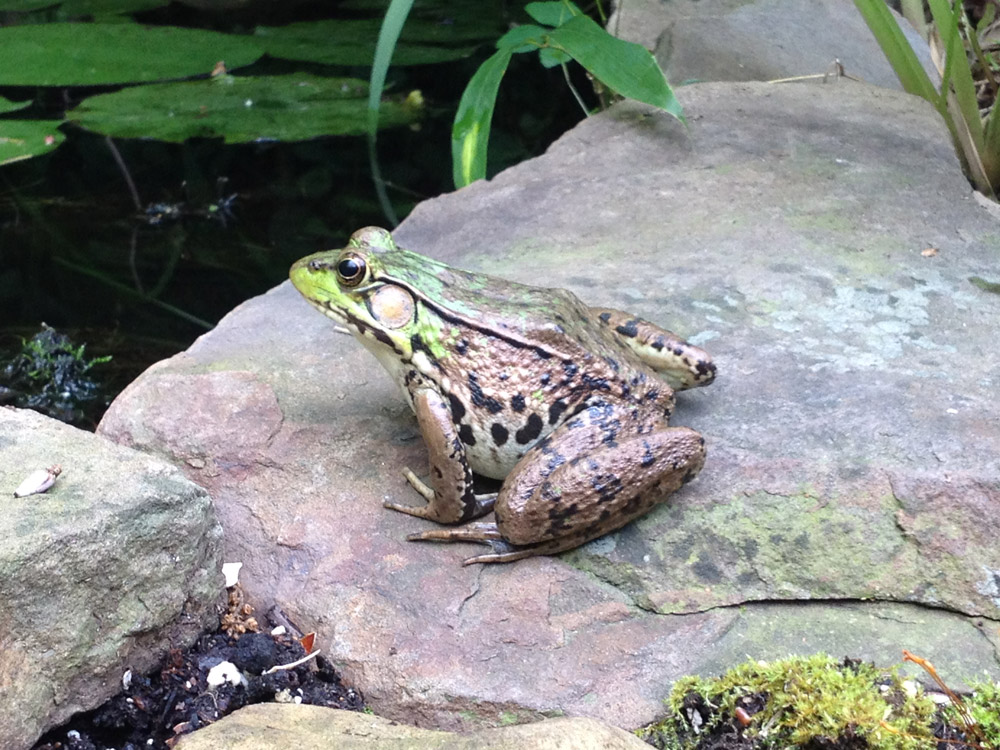
She makes short, neat work of complex topics: what's risky about the vegan diet, why animals belong on ecologically sound farms, why bitterness in lettuce is good. Kingsolver has the ear of a journalist and the accuracy of a naturalist. Seldom do paeans to heirloom tomatoes (which I grew up selling at farmers' markets) include equal respect for outstanding modern hybrids like Early Girl. Kingsolver is a moralist ("the conspicuous consumption of limited resources has yet to be accepted widely as a spiritual error, or even bad manners"), but more often wry than pious. Her tale is both classy and disarming, substantive and entertaining, earnest and funny. Kingsolver takes the genre to a new literary level a well-paced narrative and the apparent ease of the beautiful prose makes the pages fly. This field-local food and sustainable agriculture-is crowded with books in increasingly predictable flavors: the earnest manual, diary of an epicure, the environmental battle cry, the accidental gardener.


Along the way, the Kingsolver family, having given up industrial meat years before, abandons its vegetarian ways and discovers the pleasures of conscientious carnivory. Come winter, they feast on root crops and canned goods, menus slouching toward asparagus. What they don't raise (lamb, beef, apples) comes from local farms. Nine-year-old Lily runs a heritage poultry business, selling eggs and meat. They make pickles, chutney and mozzarella they jar tomatoes, braid garlic and stuff turkey sausage.

Accomplished gardeners, the Kingsolver clan grow a large garden in southern Appalachia and spend summers "putting food by," as the classic kitchen title goes. Novelist Kingsolver recounts a year spent eating home-grown food and, if not that, local.

Michael Pollan is the crack investigator and graceful narrator of the ecology of local food and the toxic logic of industrial agriculture.


 0 kommentar(er)
0 kommentar(er)
